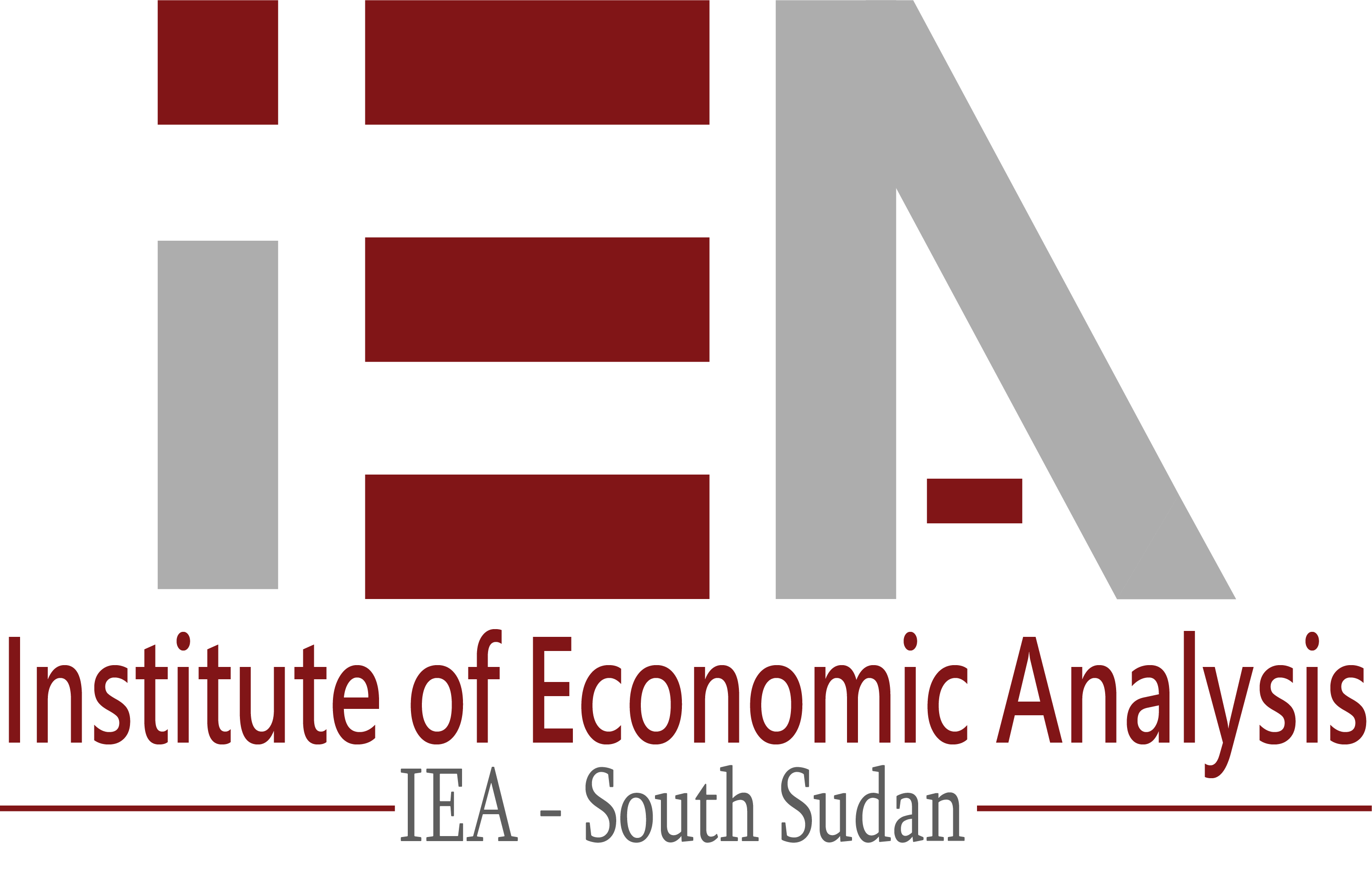Special Projects.
South Sudan continue to face deteriorating humanitarian conditions. The situation is worsened by endemic violence, conflict, access constraints and operational interference, public health challenges such as direct and indirect effects of COVID-19 and climatic shocks resulting in the dual phenomena of extraordinary flooding and localized drought, which have a severe impact on people’s livelihoods, hampers access to education and water, sanitation and hygiene and health services. Continued conflict and instability in the country combined with flooding have resulted in large-scale internal and cross-border displacement. At the same time, limited improvements in some areas have prompted some people to spontaneously return. In addition, the government, with the support of some humanitarian agencies – has facilitated returns to certain areas. Due to compounding shocks, both in areas of displacement and return, populations have been forced to keep displacing time and again. On the other hand, climate change continues to impact different sectors, particularly agriculture, which is one of the most climatesensitive economic sectors. As such, IEA has a big role to play as a thought leader in relief, rescue and recovery. IEA continues to work closely with humanitarian agencies, development and Government agencies to develop accurate, reliable, accessible, timely and relevant data that accurately projects humanitarian needs and informs emergency, relief, rescue and recovery efforts.
